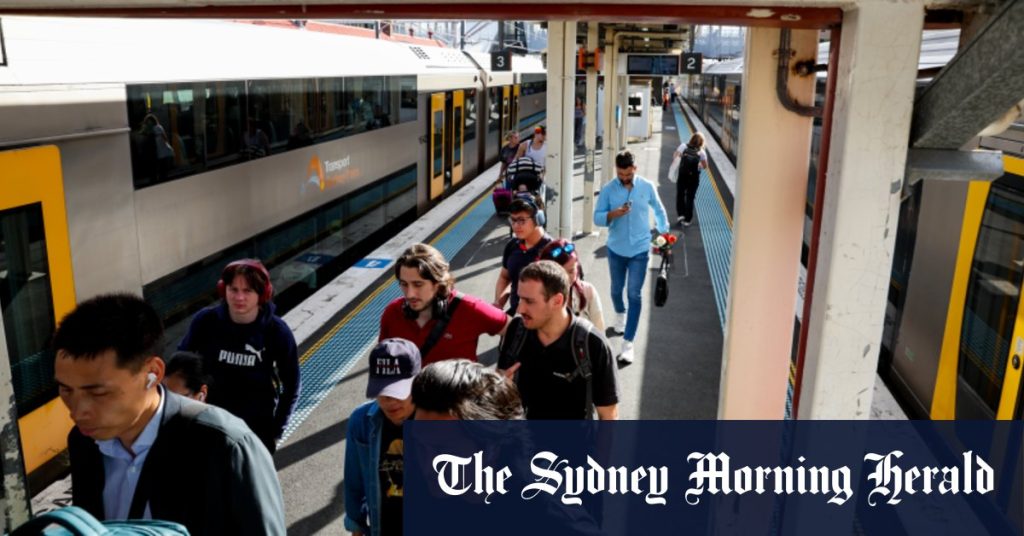The ongoing pay dispute between the New South Wales (NSW) government and the Rail, Tram and Bus Union (RTBU), along with five other unions, has reached an impasse, with both sides accusing the other of unwillingness to negotiate. The unions are seeking a substantial 32% pay rise over four years for their members, while the government’s initial offer stands at a considerably lower 9.5% increase over three years. This significant discrepancy in desired outcomes has fueled the ongoing tension and led to the resumption of industrial action by the RTBU.
NSW Premier Chris Minns has publicly expressed his frustration with the unions, asserting that they haven’t made sufficient efforts to reach a resolution. He emphasized the government’s “good faith” offer, which he claims surpasses inflation and guarantees real wage increases over time. Minns also highlighted the six months of prior negotiations, implying that the government has demonstrated a commitment to finding a mutually acceptable agreement. However, he stressed that the government’s offer cannot be an “open cheque” and expects a responsible negotiation process from the unions. Minns urged the unions to cease their industrial actions, highlighting the disruption caused to commuters who rely on public transport.
Conversely, RTBU NSW secretary Toby Warnes contends that the government has “disengaged” from the negotiations, claiming a lack of communication since mid-December. He expressed bewilderment at the perceived unwillingness of the government to engage in meaningful dialogue, emphasizing the union’s hope for a resolution while simultaneously expressing skepticism. Warnes’s statements underscore the union’s perspective that the government is not actively participating in the negotiation process, further escalating the conflict.
The breakdown in communication and the starkly contrasting positions of the two parties have resulted in the RTBU resuming industrial action after a temporary ceasefire over the Christmas and New Year period. Commencing January 15th, the union will reinstate at least eight significant work bans, including speed restrictions on sections of track normally allowing speeds over 80km/h, a prohibition on RTBU members working with contractors at Sydney Trains and NSW Trains, and a ban on reinstating cancelled train services. These actions are likely to cause considerable disruption to commuters and further complicate the already strained relationship between the government and the union.
The crux of the dispute revolves around the significant gap between the unions’ desired pay increase and the government’s offer. The unions argue that their demand is justified given the rising cost of living and the essential nature of their work in maintaining the public transport system. The government, on the other hand, is likely concerned about the budgetary implications of such a substantial pay rise and the potential for setting a precedent for other public sector workers. This fundamental difference in perspective has created a stalemate, with neither side willing to compromise significantly.
The resumption of industrial action by the RTBU signifies a further escalation of the dispute and underscores the urgency of finding a resolution. The continued disruption to public transport services will not only inconvenience commuters but also negatively impact the state’s economy. Both the government and the unions need to re-engage in good-faith negotiations, demonstrating a willingness to compromise and prioritize the needs of the public. A failure to reach a mutually acceptable agreement will only prolong the disruption and further damage the relationship between the two parties. The challenge now lies in finding a middle ground that addresses the concerns of both sides while ensuring the smooth operation of the public transport system.

